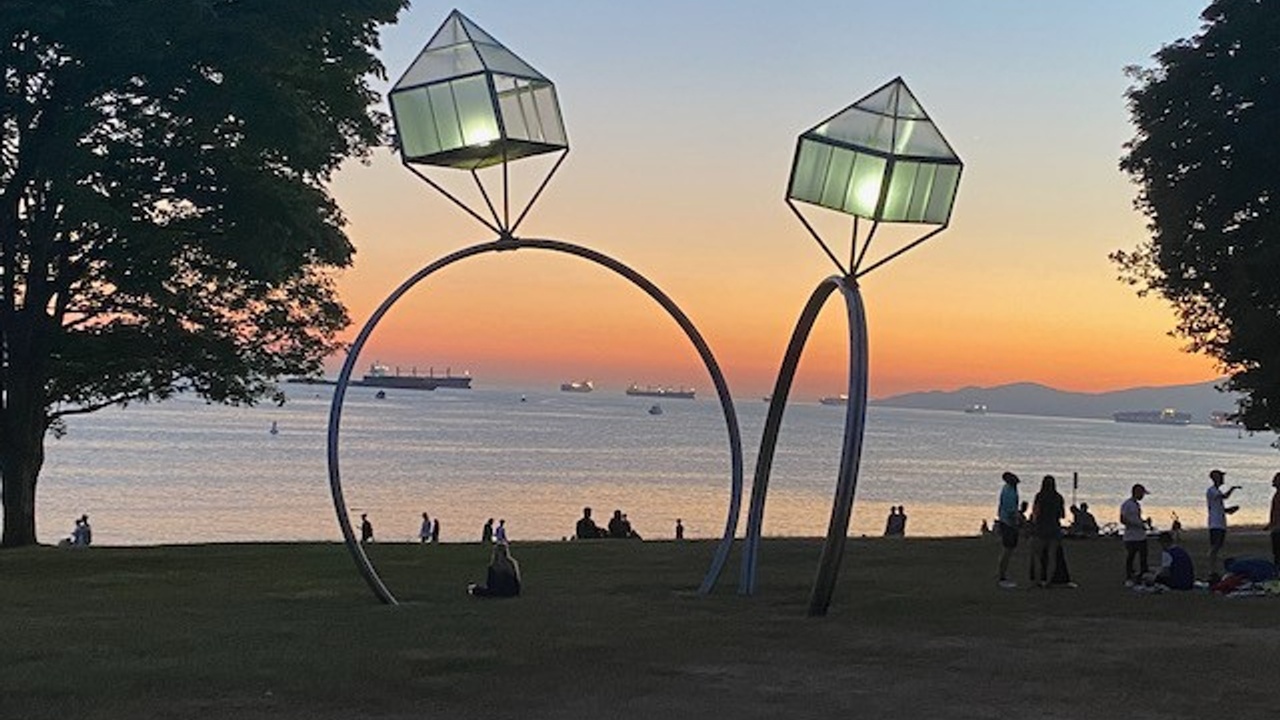
What does Your Purpose have to do with Your Mortality?
Jul 06, 2021It was five and a half years ago today that I began a ten-week exploration into big questions around death, dying, and community reclamation of deathcare. The first three bullet points in my notes from the BeYond Yonder Virtual School of Death Midwifery in Canada (VSDM)(1) laid out my purpose:
- To reach my highest vision giving me purpose and meaning in this field.
- To feel my deepest love, tapping into vibrant emotions and lasting passion.
- To articulate a challenge that will take years to meet and keep me inspired.
Although I had forgotten about these three aspirations, they undeniably hold true for me today. And I know that I could only have crafted those words in the context of being with the reality of my mortality.
So that begs the question, how do we “be” with the reality of our mortality?
Some cultures build it into their spiritual and cultural practices. The Tibetans, for example, are known to meditate on death every day. In Judaism, we remember our deceased in virtually every religious service. People from some parts of Latin America, and parts of South and Southeast Asia, have elaborate annual community celebrations for their deceased.
Remembering that we will die someday doesn’t have to take place within a spiritual or even cultural context. A beautifully profound exploration can happen in the context of heart-centered end-of-life education.
In an early reading in my VSDM program, I encountered Paul T. Wong’s words: “Confucius said, ‘How can we know death when we don’t know how to live.’ I would say, ‘How can we know how to live if we don’t understand death.’ To contemplate our death is to contemplate our life that leads to death.’ ”
And Wong also noted that “According to Konosuke Matsushita, ‘What we should fear is not so much death itself as being unprepared for the eventuality….To be prepared for death is to be prepared for living; to die well is to live well’ (as cited by Yamaaguchi, 1994).”(2)
Looking back to my notes, I see how strongly these words have impacted me and shaped what Michelle and I have set out to accomplish at Willow. After five years of developing heart-centered and inquiry-based workshops and tools, we can confidently report that Wong’s citings are right on the mark.
It’s only when we consciously contemplate the inevitability of our own (and others’) deaths that we can truly embrace and know who we are and what we are alive to do. Thinking about and getting prepared for our inevitable death is a pathway to living and loving fully in all the days that lead up to it.
With all my love,
Reena (+ Michelle)
EndNotes:
(1)The program’s name was changed to the Virtual School of Community Deathcaring in Canada, and is not currently operating.
(2)Cited from “From Death Anxiety to Death Acceptance, by Paul T. P. Wong, Ph.D., President, INPM, Research Director and Professor Counselling Psychology Department Trinity Western University, BC, Canada. * Keynote address delivered at the Conference on Life and Death Education in National Changhua University of Education, Taiwan, December, 14, 2002. Posted Dec 23, 2016 in Meaning of Death
What about you?
In what way has embracing your mortality impacted your life?



